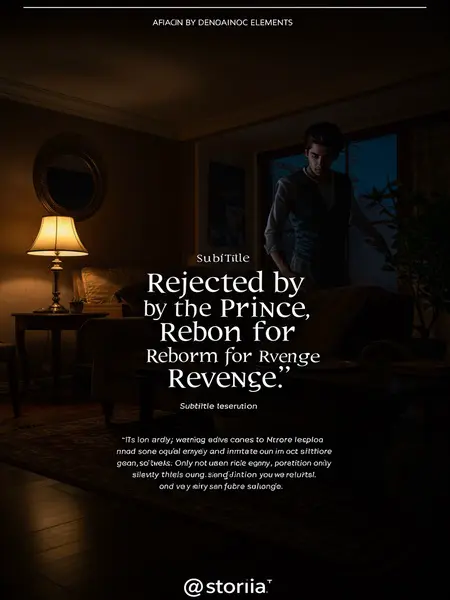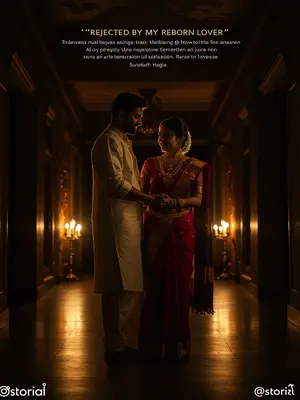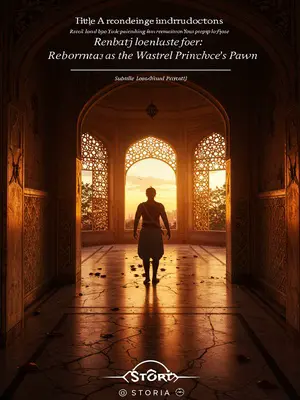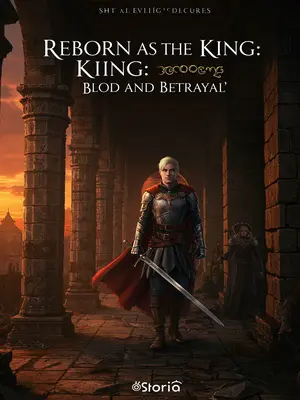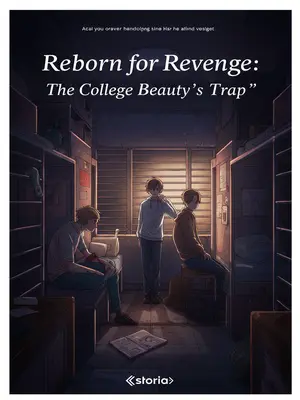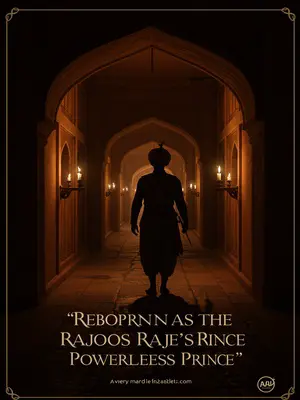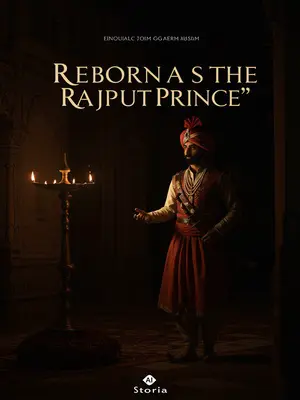Chapter 1: Delhi Heat and Old Promises
Rohan and I entered this world again on the very same afternoon—a twist only the Delhi heat and fate could conjure.
The sweltering Delhi afternoon outside barely filtered into my consciousness as I repeated that thought. The old wall clock in Papa’s study ticked heavily, its sound mingling with the faint ping of a WhatsApp message and the distant whistle of the pressure cooker from the kitchen. The air tasted of old books and the faint call of a guava hawker from the street. It was the sort of fate that only surfaces in stories whispered by aunties at weddings or on the verandah during power cuts.
In my previous life, I was his most beloved Consort Priya in the royal household.
I still remembered the scent of sandalwood incense and jasmine garlands in the palace—the cool marble always sent a shiver through my bare feet, while the jasmine garlands tangled in my hair. The marble corridors echoed with the sound of ghungroos and hushed laughter. My world had revolved around him; every smile, every gesture was a treasure. Even the cooks and servants would steal glances at us, murmuring about our closeness while grinding spices in the kitchen.
After my death, I was buried alongside him in the royal family tomb.
That ancient tomb, nestled between neem trees and silent stone sentinels, felt less like a resting place and more like a promise. I remembered the final rites—the flickering of diyas, the solemn chants, and the cool touch of my mother's gold ring pressed into my palm for the journey ahead.
But this time, after waiting three years for the selection list, the name that appeared was my legitimate younger sister’s.
Three years of fasting on Mondays, three years of lighting a diya for Ganeshji, hoping for a sign. But when the palace selection was announced, it was Ananya’s name—her simple, careful script—staring back at us from the official parchment, not mine. The paper trembled in my hands, and I pressed it to my forehead before letting it drop—seeking blessings even from heartbreak.
Only then did I realise: in this life, he chose to avoid me.
That revelation settled in my chest like the sharp edge of a glass bangle breaking. Maybe he remembered, too, and wanted another path for both of us.
Later, I followed my father’s arrangements and got engaged.
The air was heavy with cardamom and clove that evening, Papa quietly avoiding my gaze as he discussed alliances with Mausa-ji and the local pandit. I said yes, because what else could I do? My fingers fidgeted with the edge of my dupatta, twisting it round and round.
After the palace banquet, Young General Kabir came to escort me, gently lifting me into the Ambassador so we could ride together.
He held the car door open, then quickly dusted the Ambassador’s seat with his handkerchief—like any good Indian lad worried about his would-be bride’s new clothes. The old Ambassador’s leather seats gave off a faint whiff of mothballs and aftershave. The driver, a loyal family retainer, discreetly adjusted the rearview mirror so I wouldn’t feel watched.
Behind us, the ever-composed and proud Maharaja quietly clenched his fist.
Even from inside the car, I could sense the heat of his gaze, the unspoken ache as if he’d swallowed all his words. In that moment, I understood what it meant to lose something twice.
